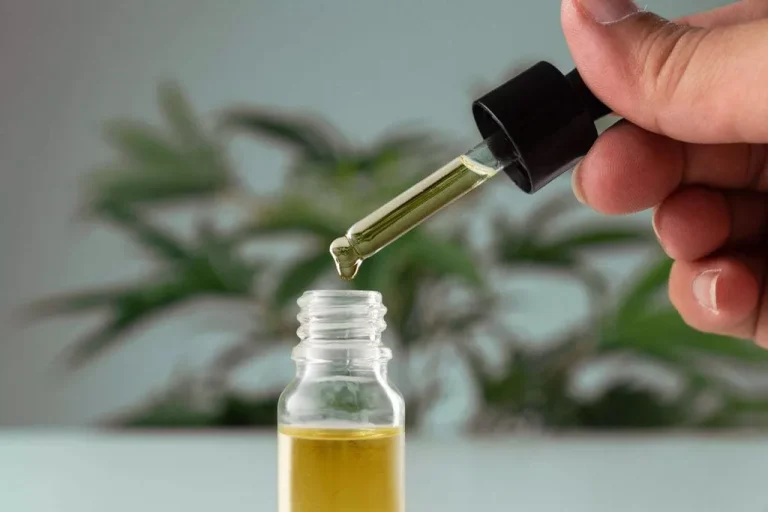
The National Center for Drug Abuse Statistics reports that there are 95,000 alcohol-related deaths in the United States annually. If you see any of these signs, it’s important to get the person’s help right away. If you’re out at a bar or party, it’s important to be able to tell when someone has had too much to drink.
- Excessive alcohol consumption can intensify the impairments and increase the risk of accidents or dangerous situations.
- As the alcohol continues to be metabolized by the body, feelings of relaxation and euphoria may intensify.
- Continuing to drink when already feeling drunk can increase a person’s risk of complications.
Social Embarrassment
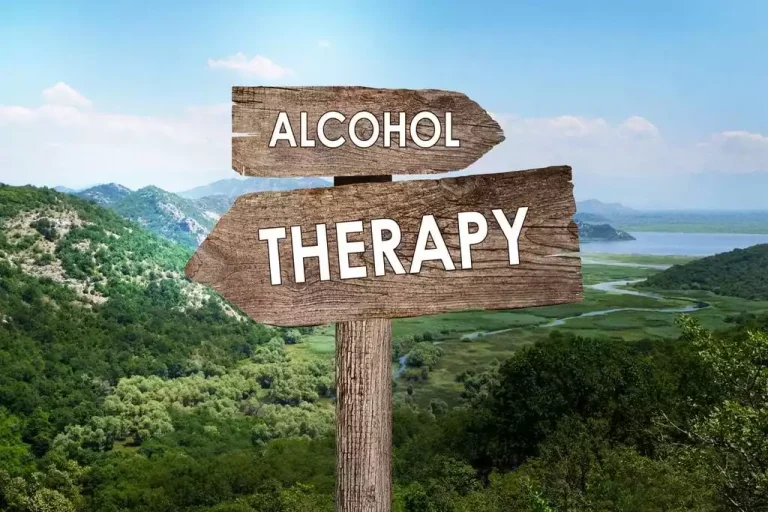
Alcohol is a psychoactive substance that has been consumed by humans for thousands of years. In small amounts, it can cause feelings of relaxation and euphoria. However, excessive alcohol consumption can lead to a variety of negative consequences, both short- and long-term. Short-term risks of excessive drinking include accidents, injuries, alcohol poisoning, and impaired judgment. These risks can have immediate and severe what does being drunk feel like consequences, including legal issues and physical harm. One of the most noticeable physical effects of being drunk is the loss of coordination.
More Questions about Treatment?
When we’re analysing the feeling of being drunk, it helps to think about someone who never normally drinks. Please note that the effects of alcohol can vary depending on various factors such as body weight, tolerance, and the rate of alcohol consumption. It is crucial to prioritize responsible drinking and make informed choices to ensure personal safety and the safety of others. It’s important to note that even at lower levels of intoxication, alcohol can still impact coordination and increase the risk of accidents or injuries.
The Concept of Blood Alcohol Concentration (BAC)
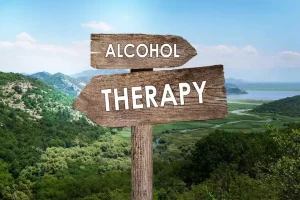
This can lead to a faster increase in blood alcohol concentration (BAC) and a more intense level of intoxication. Hangovers or withdrawal from alcohol can worsen anxiety symptoms, especially among people who drink heavily or those with alcohol use disorder. Anxiety occurs in addition to the typical health risks, which range from risky behaviors to weight gain, liver damage, and other physical effects.
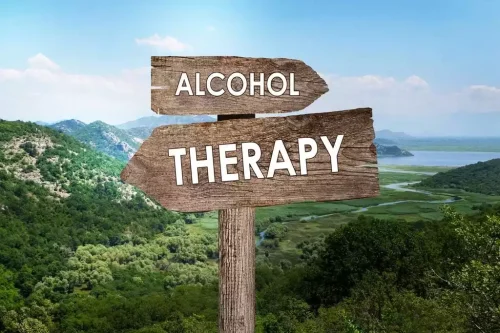
The Four Stages of How Drinking Affects Your Brain
Plus, we’re always introducing new features to optimize your in-app experience. Substance abuse We recently launched our in-app chatbot, Melody, powered by the world’s most powerful AI technology. Melody is here to help as you adjust to a life with less (or no) alcohol. For a deeper understanding of how alcohol affects the brain, you can read this article. Reducing drinking, or even eliminating it altogether, can lower a person’s risk of these conditions and complications.
- Some people experience anxiety or panic attacks along with their hangovers the day after consuming too much alcohol.
- Alcohol abuse and binge drinking are common, and they put many people at risk of alcohol poisoning, alcohol addiction, and chronic alcohol-related health problems.
- Alcohol might seem like a friendly social lubricant, but it’s a sneaky one, quietly infiltrating our brain and bodily systems.
- When the body is unable to excrete alcohol, all functions will slow.
- For more on how alcohol impacts emotions, you can read How Does Alcohol Impact Your Emotions?.
- Because of the brain’s dependence on alcohol, it can be difficult and painful to try and get sober on your own.
- You’ll also have the opportunity to connect with our licensed Reframe coaches for more personalized guidance.
- Individuals with higher metabolic rates may metabolize alcohol more efficiently, leading to a faster elimination of alcohol from the body.
Drinking floods the brain with the neurotransmitter (brain chemical) gamma-aminobutyric acid (GABA), which contributes to feelings of short-term relaxation. It also inhibits another neurotransmitter, glutamate, which regulates mood. You are unable to control your movements and emotions and may feel confused or find it difficult to stand. The body is unable to feel pain, placing you at an increased risk for life-threatening injury. Moderate intoxication occurs when a larger amount of alcohol is consumed. Physical coordination and cognitive abilities are significantly impaired.
Moderate consumptionis defined asone drink daily for women or two drinks daily for men. However, there may be certain times when you drink more than what’s considered moderate. When an individual is unconscious due to alcohol intoxication, it can be a serious and potentially life-threatening situation. It is important to seek immediate medical assistance if someone is unresponsive and cannot be awakened.
Emotional and Psychological Effects
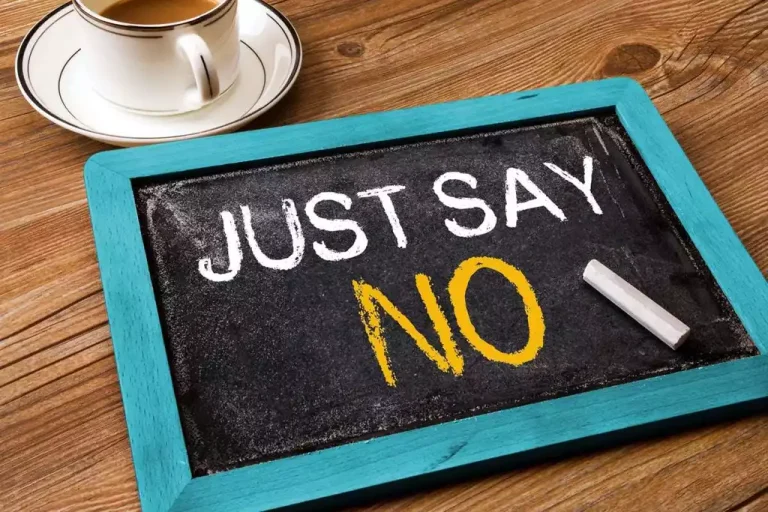
And if they’re vomiting, make sure they’re turned on their side so they don’t choke on their own vomit. Too much alcohol can be dangerous – but with a little knowledge, you can help keep yourself and your friends safe. In these cases, be conscious ofhow alcohol is affecting youand remember the BAC limit for driving in the U.S. is0.08. For more information on binge drinking and how to stop it, read What Is Binge Drinking and How Can You Stop It?.





















